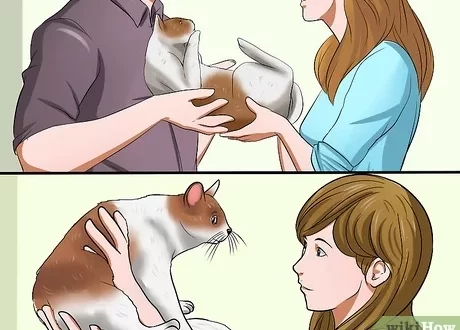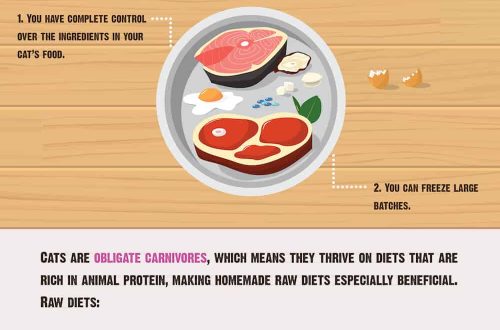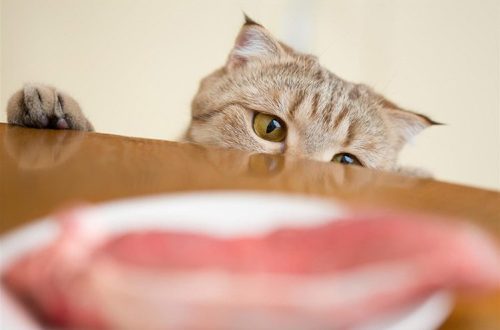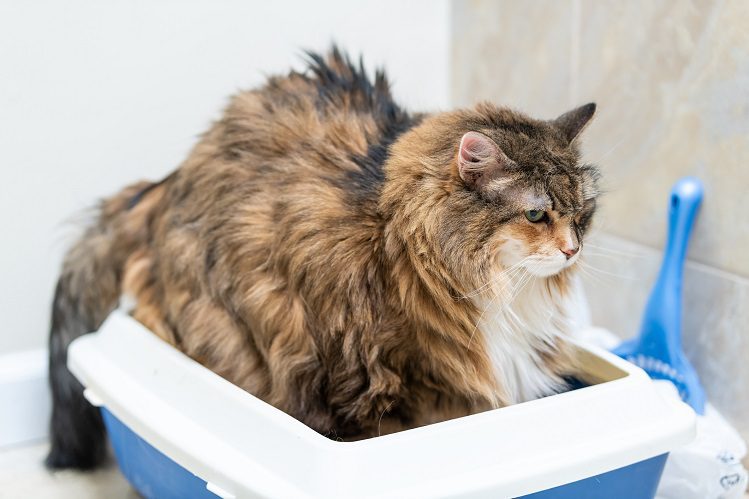
What to feed a cat with ICD
Millions of cats every day face this unpleasant disease – urolithiasis (UCD). There are several reasons for its occurrence, one of the most common is a lack of fluid and unbalanced feeding.
If the cat is already sick with ICD, then the veterinarian should make a special diet for the four-legged, which must be strictly adhered to. This applies not only to the main feed. Treats should also be different: special, just for cats with ICD. This will be discussed in our article, but first we recall what urolithiasis in cats is.
Urolithiasis in cats (urolithiasis, lat. urolithiasis) is a disease of the lower urinary tract, accompanied by impaired urination, frequent urge to urinate, painful sensations, and the presence of blood in the urine. About 50% of all cats are affected by this disease.
The main reason for the development of KSD is a violation of protein and mineral metabolism in the body. Predisposing factors:
– genetic predisposition,
– unbalanced diet and non-compliance with the norm of feeding,
– obesity,
– low-quality composition of water,
– a sedentary lifestyle of the animal.
Evolutionarily, cats have a weakened sense of thirst. Their body has a high concentration of urine (high salt content for a large volume of fluid). This may contribute to the development of the ICD.
With urolithiasis, a cat has painful urination, frequent urges, including false ones. The cat cannot reach the tray, but goes to the toilet where it is necessary. The process itself is painful, the pet may meow plaintively. You may notice blood in your urine (hematuria). The cat’s body temperature and behavior change.
If your pet shows one or more of the signs, make an appointment with a doctor immediately. ICD will not go away on its own. But if you start treatment on time, then everything will work out. But neglected cases often cause the death of a purr. Without treatment in within 2-3 days, the pet may die from intoxication or rupture of the bladder and peritonitis.

An unbalanced diet is one of the factors that can lead to KSD. Therefore, special attention should be paid to the diet of a cat.
On the recommendation of a doctor, transfer your pet to a certain brand of food – special for cats with KSD and strictly observe the feeding rate. During the diet, it is important to completely exclude any other foods from the diet, including treats familiar to the cat. Mixing ready-made rations and self-cooked food is not allowed.
Food for cats with urolithiasis should be:
easily digestible;
high-calorie (this is necessary so that the cat eats a small amount of food, and less minerals enter her body);
suitable cat with struvite or oxalate urolithiasis (differ in the type of stones). What type of cat your cat has, only a veterinarian can determine.
Do not self-medicate and do not buy the first available (and even worse – the cheapest) cat food with KSD. Without an examination, you cannot know what stage of the disease the pet has, what is the nature of the formations in its urinary system, how the disease proceeds. Only a specialist will tell you all this, he will also prescribe a diet for the pet.
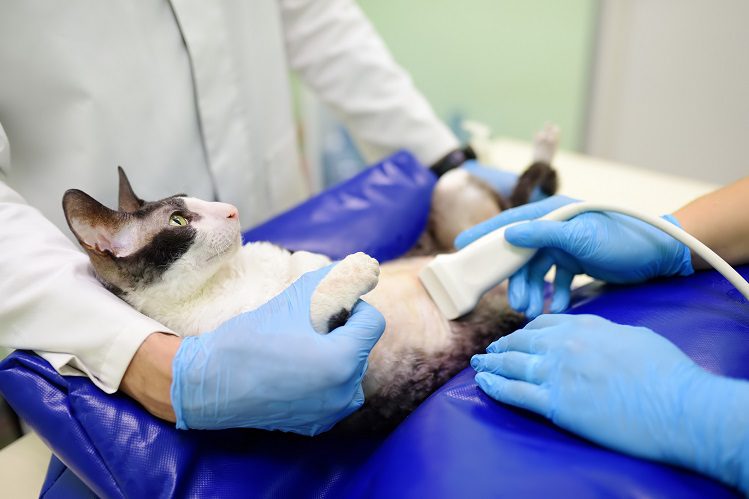
Make sure your pet always has clean, fresh water available. If your cat doesn’t drink well from a bowl, try placing several bowls around the house, in different places. Ideally, install a drinking fountain.
Liquid food (pouches, canned food) and prebiotic drinks (Viyo) help to replenish the water balance in the body. This is a real lifesaver if your pet doesn’t drink enough water.
Treats for a cat with ICD should also be special. Choose lines for the prevention of KSD or for sterilized cats. Why for sterilized?
Treats for neutered cats prevent overweight, and being overweight increases the risk of KSD. Wild cats do not suffer from obesity, because. move a lot and feed on freshly caught prey, and this reduces the risk of stone formation. With domestic cats, the situation is different, so ICD occurs much more often in them.
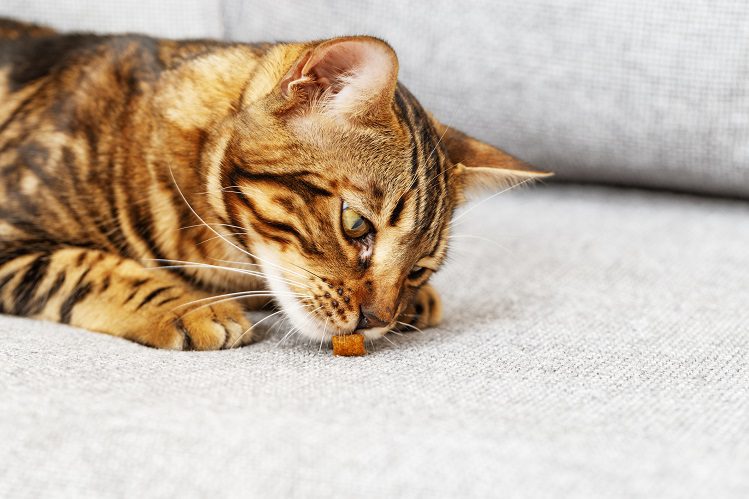
Pay attention to tasty sticks for sterilized cats from turkey and chicken or crispy pillows with chicken and cranberries for the prevention of KSD from Mnyams. Reduced calorie content will not allow the pet to gain excess weight, and the cranberry, which is part of the composition, will support the health of the urinary system.
Cranberries have a diuretic effect, which is great for ailments with the bladder and kidneys. Cranberries are also rich in vitamin C, which has a powerful anti-inflammatory and antimicrobial effect.
Remember that it is impossible to feed a cat with treats, even the most delicious and healthy ones. This is not the basis of the diet. Treat sticks can be given up to 1-2 pieces per day, and pads – up to 10 pieces per day for a cat weighing 4 kg.
Give treats as a reward or add to food. Do not forget about the large amount of water that your pet should consume daily.
Disease is always easier to prevent than to cure. To do this, visit the clinic regularly, take urine tests, and do an ultrasound of the abdominal cavity. Only through such actions can the disease be detected in the early stages and cured in time. But if urolithiasis still overtook your purr – help in your power!



